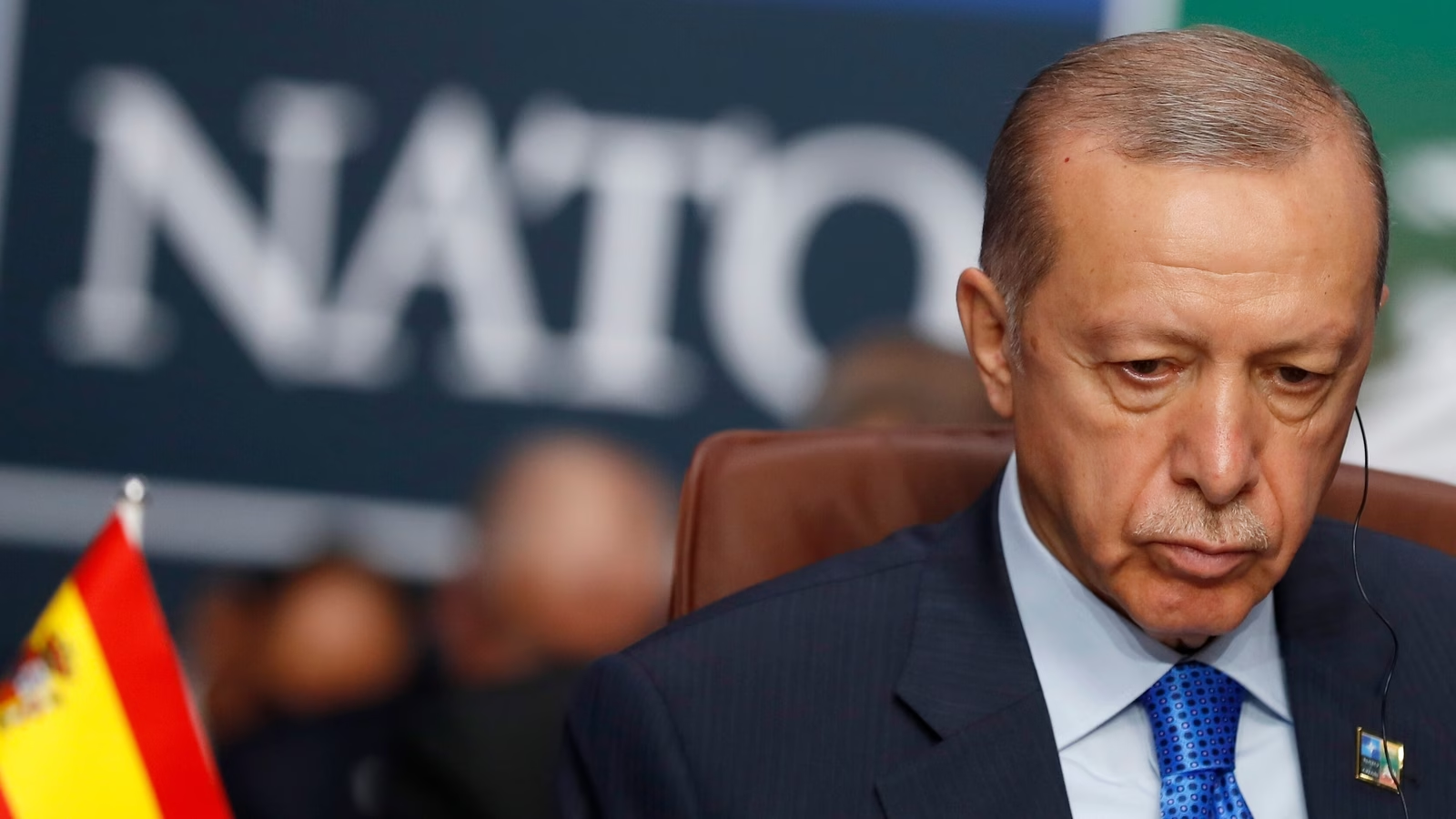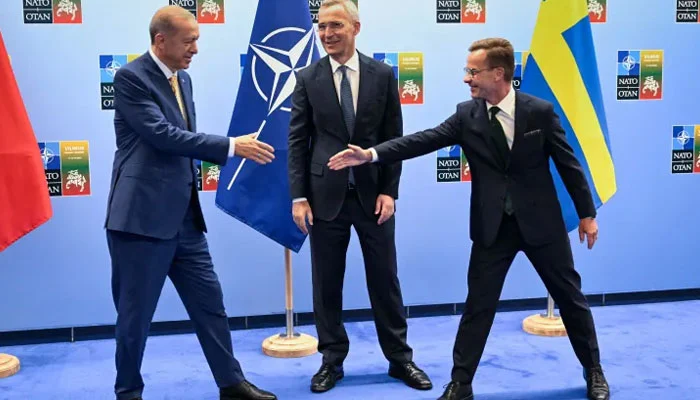Hungary Delays Sweden's NATO Membership Bid
In a development that has significant implications for NATO expansion, Hungary delays Sweden's NATO membership bid.
Author:Rhyley CarneyReviewer:Paula M. GrahamOct 26, 20236K Shares99.4K Views

In a development that has significant implications for NATO expansion, Hungary delays Sweden's NATO membership bid.
This latest roadblock, orchestrated by Hungary, is seen as a significant hurdle for Sweden's accession into NATO, with Turkish President Recep Tayyip Erdogan having recently submitted a protocol to Turkey's parliament for Sweden's approval.
Hungary's Obstruction
Since July 2022, the Fidesz party, which holds an absolute majority in parliament, has been in charge of the Hungarian government and has been blocking Sweden's NATO application.
Their primary justification for this obstruction is a belief that Swedish politicians have been dishonest about the state of Hungary's democracy, a matter that has led to strained relations between the two countries.
For Sweden to join NATO, all 31 member nations must endorse its accession. This has raised challenges, especially when a NATO member nation like Hungary is determined to obstruct the process.
The delay has been a source of frustration for other NATO allies who were swift in accepting Sweden and Finland into the alliance after these neighboring countries relinquished their long-standing military neutrality in response to Russia's invasion of Ukraine in February 2022.
Hungary's Synchronization With Turkey
Hungary's stance on Sweden's NATO membership has often appeared synchronized with Turkey's decisions.
Previously, Hungary faced delays in ratifying Finland's NATO bid, but once Erdogan indicated his government's intent to proceed with the ratification, Hungary promptly followed suit.
Despite Erdogan's submission of the ratification protocols to the Turkish parliament, it remains uncertain when an actual vote will take place.
The protocols must go through parliamentary commissions before reaching the main floor for a general vote, where Erdogan and his allies have the majority needed to ratify Sweden's NATO membership.
Sweden has been in a continuous dialogue with Hungary on this matter, hinting at the possibility of the two countries moving in tandem when it comes to ratification.
Certain opposition figures in Hungary have expressed their views on Sweden's bid for approval, suggesting that the ruling party in Hungary might be aligning its decisions with Ankara's agenda.
One prominent opposition lawmaker, Vadai, theorized that the Hungarian ruling party is likely to take action as soon as it becomes evident that a vote in the Turkish parliament is imminent.
This speculation comes amidst ongoing debates about Sweden's membership, with Hungary's Minister of Foreign Affairs and Trade, Szijjarto, making statements in July.
During a press conference, Szijjarto revealed that he had been engaged in "close and constant communication" with his Turkish counterpart regarding Sweden's membership, adding an air of intrigue to the situation.
“„If there is movement (in Turkey’s position), then of course we will keep our promise that Hungary will not delay any country in its accession.- Hungary’s Foreign Minister, Peter Szijjarto
“„What I’d guess is that the two countries will ratify it, if not at the same time, then very close to each other.- Agnes Vadai, a lawmaker with Hungary’s opposition Democratic Coalition party

Turkey's Accusations
Erdogan's delay in ratifying Sweden's membership stems from accusations that Stockholm has been too lenient on militant groups, particularly the Kurdistan Workers' Party (PKK), and has harbored individuals associated with a 2016 Turkish coup attempt.
Turkish officials have also accused Swedish authorities of complicity in Islamophobic demonstrations, such as the burning of the Quran.
Sweden has taken measures to address these concerns, tightening anti-terror legislation and agreeing to cooperate more closely with Turkey on security issues. Nevertheless, the delay has persisted, and there is no clear timeline for resolution.
U.S. Support
While the United States has welcomed Erdogan's move to send Sweden's NATO accession protocols to the Turkish parliament, it's important to note that this is a significant step forward in Sweden's NATO aspirations.
However, it does not guarantee immediate membership. Hungary's role remains pivotal, as they have not yet voted to approve Sweden's NATO membership.
This political saga continues to unfold, shaping the future of Sweden's position within the NATO alliance.
Final Words
Hungary's ongoing obstruction of Sweden's NATO membership bid, closely synchronized with Turkey's actions, remains a significant roadblock for the Nordic nation's aspiration to join the alliance.
Despite recent progress, with Turkey sending Sweden's accession protocols to its parliament, uncertainty still shrouds the timeline for Sweden's actual NATO membership.
This political tussle reflects the complexities and challenges inherent in NATO expansion, with the dynamics between nations playing a crucial role in shaping the alliance's future.

Rhyley Carney
Author

Paula M. Graham
Reviewer
Latest Articles
Popular Articles